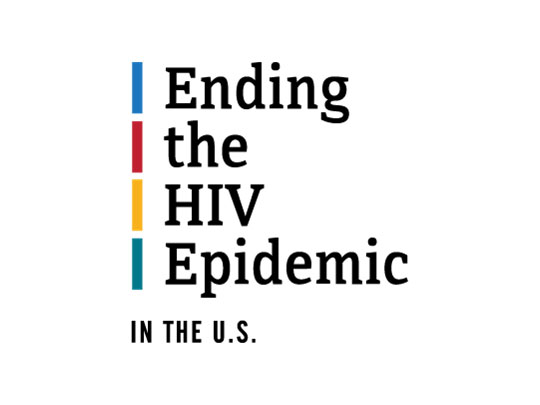Prevention through Active Community Engagement (PACE) Program: Working with the Community!
Topics

In 2019, the Office of the Assistant Secretary for Health established the Prevention through Active Community Engagement (PACE) program in support of the Ending the HIV Epidemic in the U.S. (EHE) initiative. The PACE Program was developed to spearhead the EHE initiative in partnership with federal agencies and non-federal organizations in Regions IV, VI, & IX, with direct oversight in 30 of the 57 national priority jurisdictions and 6 of the 7 states with significant rural HIV burden. Since its establishment, the program has evolved and achieved numerous accomplishments.
“The onset of EHE has enhanced greater coordination and collaboration across HHS agencies to harmonize the national HIV response; however, PACE has been instrumental in fostering collaborative partnerships of HIV program leadership at the regional, state, and county levels to minimize siloed HIV program implementation and optimize HIV program outcomes for communities disproportionately impacted by HIV—and today, the PACE team also supports the National HIV/AIDS Strategy (NHAS) and multiple HIV programs across the U.S.” – CAPT Oguntomilade (Region IV Director, Atlanta, GA)
The PACE program has led collaborative technical partnerships with federal, regional, state, and county public health offices and health departments to facilitate the implementation of EHE in regions with the highest burden of HIV. The PACE team has engaged people who experience risk for HIV and with lived experience. This work has entailed conducting needs assessments and identifying gaps, opportunities, and best practices to implement and expand HIV services in Regions IV, VI, & IX. The program has established and enhanced partnerships with regional and state academic institutions, the private sector, faith communities, community-based organizations (CBOs), LGBTQI+ communities, and others to collectively identify community needs, gaps in provider capacity, and clinical practice transformation opportunities.
PACE has conducted outreach to more than 200 key stakeholders, including CBOs, AIDS service organizations, populations impacted by HIV, professional associations, faith-based organizations, and a host of other non-traditional HIV partners, to enhance engagement and ensure HIV programs and services match needs and priorities.
“PACE has provided a coordinated and resounding voice to support our EHE and NHAS federal HIV mission; empowered priority populations by raising awareness of available leadership opportunities to effect policy change; and applied a true “Whole of Society” approach by diversifying representation at the EHE planning table for all people with lived experience, their families, and allies. The states’, counties’, and parishes’ health departments; CBOs; federal partners; and advocacy groups have remained steadfast in executing EHE and NHAS activities for all populations in need. Together, we can and will End the HIV Epidemic in the U.S. by the year 2030.” – CDR Rivera (Region VI Director, Dallas, TX)
The program continues to engage the community by conducting over 120 EHE awareness events and listening sessions to identify unique attributes of populations impacted by HIV and link them to federal, state, and county HIV resources. Through these activities, PACE has contributed to addressing stigma and medical mistrust to increase care access for marginalized populations, augmented the number of health professionals providing HIV care and prevention services, and provided guidance and technical assistance to partners to expand effective outreach to communities most impacted by HIV.
Despite the COVID-19 pandemic, the PACE program has sustained its regional efforts by encouraging partners to implement innovative strategies to continue administering support and targeted public health interventions to mitigate HIV inequalities and disparities. PACE’s work has influenced national and international-level discussions and strategic planning to improve HIV program outcomes.
“I am so incredibly honored to have the opportunity to work with partners in the region to end HIV inequalities. Their commitment, dedication, and efforts toward addressing mental health, substance abuse, stigma, and poverty to improve the lives of those impacted by HIV are very inspiring. Our work in the region has given us the privilege to learn so much from our community and observe the immediate impact our partners and stakeholders are making to improve the quality of lives of vulnerable communities affected by HIV.”– CDR Sandoval-Rosario (Region IX Director, Los Angeles, CA and Lead for America’s HIV Epidemic Analysis Dashboard (AHEAD))
PACE Staffing & Leadership
Region IV
CAPT John Oguntomilade, BDS, MPH, Ph.D., PACE Director
Region VI
CDR Luz Rivera, Psy.D., M.S. RSHS., M.A. Ed., M.S. Psychology, PACE Director
CDR Rodrigo Chavez, M.H.A., PACE Deputy Director
LT Erica Bussey-Jones, MPH, Public Health Analyst
Region IX
CDR Michelle Sandoval-Rosario, DrPH, MPH, PACE Director
LT Alberto Pina, MPH, Public Health Analyst